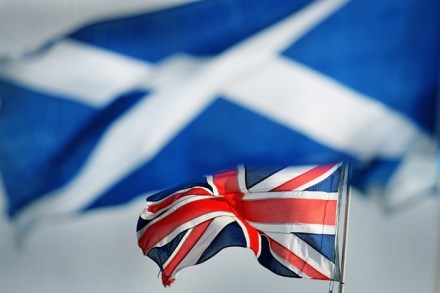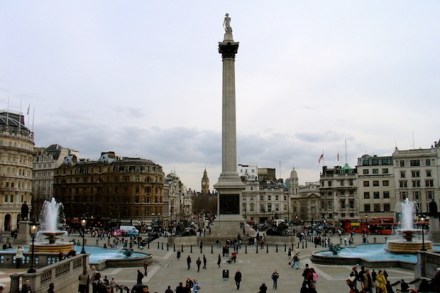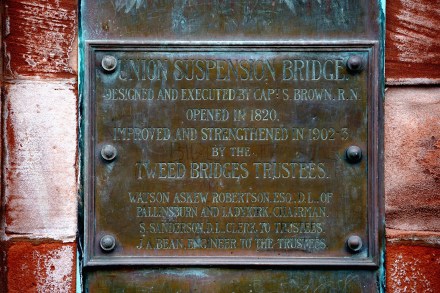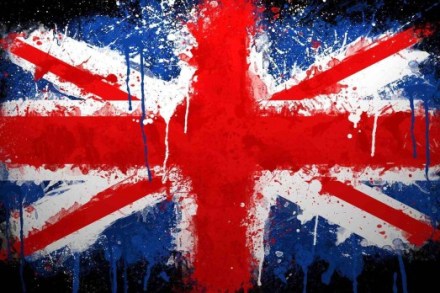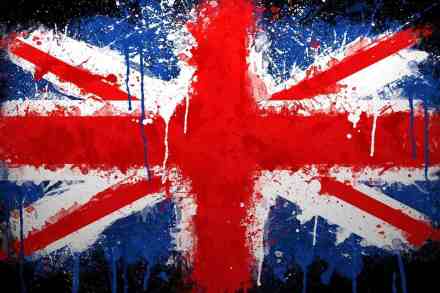Final polls put No ahead
The last YouGov poll of the campaign, which has a far larger than usual sample size, has No ahead 52-48. The last phone poll of the campaign, a Survation effort, has No up 53-47. So, the No campaign is ahead by a clear but small margin. [datawrapper chart=”http://static.spectator.co.uk/3gFhn/index.html”] The Sun’s political editor Tom Newton Dunn reports that YouGov finds that men in Scotland favour independence 54 to 46 but women back the Union 57 to 43. Its numbers show that only 4 per cent of voters remain undecided. Interestingly, those from the rest of the UK who have moved to Scotland—those living the Union—are voting No by a 72 to 28 landslide.
